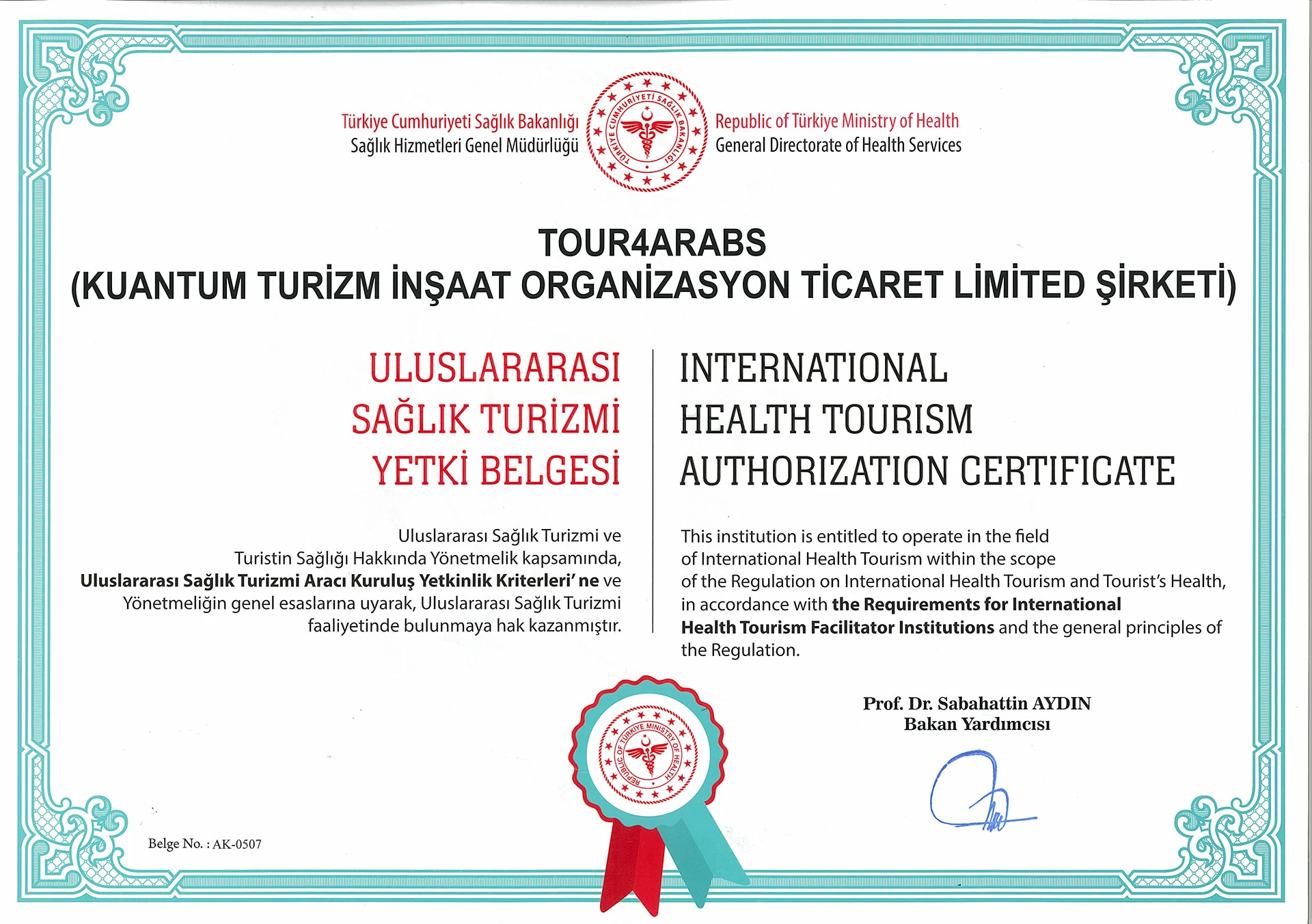What is Eris Variant (Eris Virus)?
The Eris variant has been identified as a subtype of the Omicron variant of COVID-19. It has been found that the Eris virus, which was first detected in South Africa in February 2023, has rapidly spread to other parts of the world. According to the latest data from WHO, the Eris variant may cause symptoms similar to other variants of COVID-19. It is not yet clear whether the Eris variant is more contagious than other variants or causes more severe symptoms than the known severe symptoms of COVID-19. However, some research also suggests that the Eris variant may be more contagious than previous variants.
What are The Symptoms of Eris Variant (Eris Virus)?
Symptoms seen in the Eris variant, which are similar to COVID-19 symptoms, often include sore throat, headache, cough, shortness of breath, body aches, and runny or congested nose.
In general, the symptoms that occur in people with the Eris variant are as follows:
- Sore throat
- Fire
- Cough
- Nasal congestion or runny nose
- Headache
- Shortness of breath
- Loss of taste and smell
- Sneeze
- Weakness and fatigue
- Muscle and body aches
- Loss of appetite
- Diarrhea
How is Eris Virus Transmitted?
Eris virus, like other Covid-19 variants, spreads through breathing. The most common way of transmission is through inhalation of droplets produced when an infected person coughs or sneezes, or through contact with the mouth, nose, or eyes. Additionally, touching surfaces that may be contaminated with the virus and then touching your mouth, nose or eyes also increases the risk of spread. Therefore, it is important to follow hygiene rules, wear a mask, maintain social distance and clean your hands regularly. Additionally, vaccination is also an effective method to prevent the spread of the disease.
What is The Difference of The Eris Variant From Other Covid 19 Variants?
Different variants of the virus have emerged throughout the COVID-19 pandemic. These variants occur as a result of changes in the genetic structure of the virus over time. The Eris variant is one of these variants and differs from other variants. The Eris variant has particularly pronounced genetic changes in a region on the surface of the virus called the spike protein. These changes indicate that the virus may develop better resistance to the human immune system. For this reason, Eris tends to spread faster than other Omicron subtypes. This may cause rapid spread among societies. But like other variants, the Eris variant causes known symptoms of COVID-19. These include fever, muscle aches, persistent cough, changes in taste or smell, fatigue, runny nose, and sore throat.
Are Vaccines Being Updated for The Eris Variant?
The Eris variant and other SARS-CoV-2 variants are a concern on the effectiveness of vaccines. That’s why vaccine manufacturers and health authorities are constantly examining the effectiveness of existing vaccines against new variants, including the Eris variant. Some countries are working to develop and use updated vaccines against certain variants, such as the Eris variant. However, it may take time for vaccines to be updated and approved.
Is The Eris Variant the Final Mutation?
The pyrola variant, called BA.2.86, is also the new variant of the coronavirus that was recently detected. Although Eris is a variant that has been noticed before, Eris is currently the more dominant and common variant.
Could The Eris Variant More Affect Children or Teens?
So far there is no specific evidence that the Eris variant affects children or young people more. However, if the rate of spread and contagiousness of the virus increases, infection cases may also occur in these groups. It is important that people in all age groups take the same basic precautions to protect themselves from infection.
What are The Ways to Protect Eris Variant (Eris Virus)?
There are no ways to protect against Eris virus (variant). The precautions and protection methods generally taken against viruses also apply to the Eris virus.
Here are the things to do to protect yourself from the virus:
-
Wearing Mask:
Wearing a mask, especially in closed and crowded environments, can prevent the spread of respiratory viruses.
-
Hand Hygiene:
Hands should be washed frequently with soap and water for at least 20 seconds. In cases where soap and water are not available, hand sanitizer containing at least 60% alcohol should be used.
-
Social Distance:
A distance of at least 1-2 meters should be maintained with other people.
-
Cough and Sneeze Etiquette:
When coughing or sneezing, the mouth and nose should be covered with a disposable tissue or the inside of the elbow should be used.
-
Avoiding Crowded Places:
The risk of crowding should be minimized, especially in closed areas with insufficient air circulation.
-
To be Vaccinated:
If there is a vaccine developed against the Eris variant, it should be taken.
-
Avoiding Contact with People Showing Symptoms:
Contact with people showing symptoms such as cough, fever and shortness of breath should be avoided.
-
To İnform:
Up-to-date information and recommendations of health authorities and scientific organizations should be followed.
What are The Frequently Asked Questions About the Eris Variant?
-
Does The Eris Variant Affect Covid-19 Symptoms?
The Eris variant or other COVID-19 variants may affect COVID-19 symptoms. However, symptoms can often vary depending on the patient’s age, general health, and severity of infection. Some variants, such as the Eris variant, may have the ability to transmit more quickly, thus causing a person to become infected more easily.
However, it is not clearly distinguishable by which variant the symptoms are typically caused.
-
Is The Eris Variant (Eris Virus) More Contagious?
The Eris variant is thought to be more contagious than the Omicron variant. However, it is not yet clear whether the Eris variant increases disease severity.
The Eris variant has some of the mutations found in the Omicron variant. These mutations may cause the virus to more easily bind to and infect human cells.
This may cause the Eris variant to be more contagious than the Omicron variant. Definitive information about the contagiousness of the Eris variant is not yet available. However, current findings suggest that the Eris variant may be more transmissible than the Omicron variant.
-
What is The Incubation Period of The Eris Variant?
As Covid-19 mutated, incubation periods also shortened. On average, the incubation period is five days.
-
Was the Eris Variant Seen in Turkey?
Regarding the Eris variant, which has increased its transmission rate and started to spread around the world, Minister of Health Fahrettin Koca announced that the ERIS variant was seen in 9 people in Turkey.
In his statement, Minister Koca said, “It is a development that cannot be considered a cause for concern. The Eris variant, which we know has low disease-causing power, was seen in 9 people in the examination carried out in our Reference Laboratory.
They have contacts from abroad and are in the same province. We will continue with the current measures and our daily lives. The situation is common in other countries, and it was likely to occur in us as well. “We will protect our elders and chronic patients,” he said.






